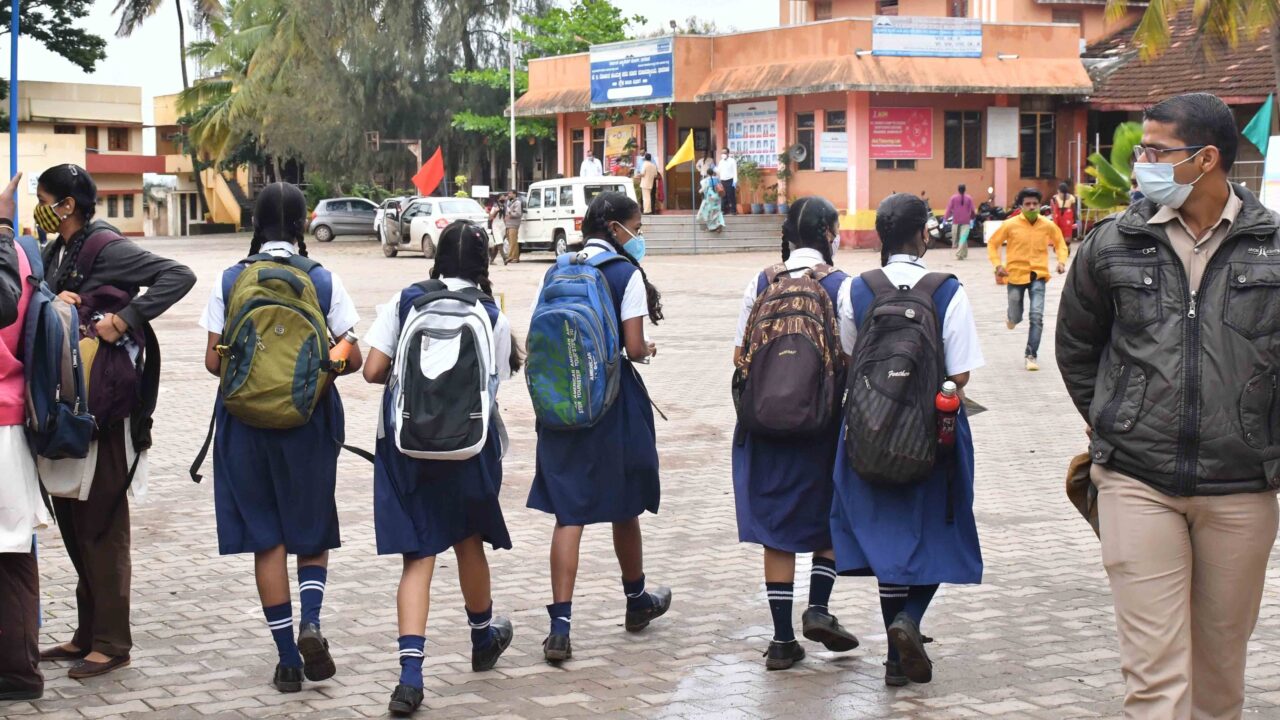Introduction
On 5 August 2025, India’s Supreme Court gave a landmark ruling holding the Central Government’s exclusion of educational infrastructure such as schools, colleges, and hostels from the scope of compulsory advance environmental clearance to be unacceptable. The Court ruled that education could no longer be “merely a service-oriented profession,” but as a “flourishing industry,” thus making the requirement of detailed environmental impact assessment, even for setting up educational institutions, mandatory.
Background
The matter was concerned with a January 29, 2025, notification of the Central Government amending India’s Environmental Impact Assessment (EIA) Notification originally issued in 2006. Specifically, the amendment, or Note 1 to Clause 8(a), sought to exclude the construction of industrial sheds, schools, and dormitories from advance environmental clearance if certain sustainability conditions, such as rainwater harvesting and treatment of solid and liquid waste, were met.
Construction of any project or building with a covered area of 20,000 square metres and above has, under the EIA regime, required environmental clearance to evaluate and mitigate the likely environmental impact. The government exemption was mooted to ease the regulatory requirement over a broad array of projects, stating it was unavoidable with the infrastructural thrust in India and the MoEFCC not having the capacity to examine all projects in the country.
Key Points
The court, presided over by Chief Justice BR Gavai and Justice K Vinod Chandran, considered the exemption to be whimsical and contrary to the goals of the Environmental Protection Act. The Court observed: “Should any construction work covering an area of more than 20,000 sqm be undertaken, it will certainly affect the environment, even though the building is proposed to be put to educational use. Education has moved beyond its erstwhile position as a service profession. It is now widely accepted that education has become a lucrative industry.”
Trusteeship of Natural Resources: Reiterating the mantra that natural resources should be dealt with as a trust for the future, the Court stated that environmental degradation should not be allowed in the name of development. Sustainable development is necessary, and a rigorous examination of projects is a must.
The court underlined the significance of the role of environmental impact assessments carried out by qualified agencies, such as State Environment Impact Assessment Authorities (SEIAAs), where the failure to conduct such assessments would lead to the breakdown of alternative mechanisms for objective appraisal in case of the grant of the exemption.
Recent developments
Stay and Petition: The functioning of the notification had itself been put on hold by the Supreme Court while it had been hearing a PIL by NGO Vanashakti challenging the diluting of the EIA regime. The challenge had raised the question of whether the exemption would exclude hard appraisal for projects near eco-sensitive zones and environmental protection areas, which would be contrary to the letter and spirit of environmental protection law.
Restriction of Exemption: In revoking the specific exemption (Note 1 to Clause 8(a)), the Court distinguished the validity of the remainder of the notification, ruling that the overall requirements of the Environmental Impact Assessment (EIA) regime would continue to be applicable to educational and industrial building construction projects with a size of over 20,000 square meters.
Historical Context: The step by the government is the fourth attempt since 2014 to relax appraisal terms for construction projects, a trend that has yet to be derailed or reversed by the judiciary.
Conclusion
By laying down the requirement of pre-environmental clearance for big educational structures and by legally establishing education as an “industry,” the Supreme Court has laid down a precedent that emphasizes the requirement of environmental integrity along with developmental action. The judgment highlights the fact that even activities that have long been considered harmless, like education, may carry drastic environmental impacts, and hence they cannot be exempted from regulation. This judgment reaffirms the judiciary’s strict attitude towards harmonizing sustainable advancement with the preservation of natural resources so that future generations inherit an environment which is responsibly maintained and protected.
“PRIME LEGAL is a full-service law firm that has won a National Award and has more than 20 years of experience in an array of sectors and practice areas. Prime legal falls into the category of best law firm, best lawyer, best family lawyer, best divorce lawyer, best divorce law firm, best criminal lawyer, best criminal law firm, best consumer lawyer, best civil lawyer.”
WRITTEN BY __ Kondala Phani Priya


